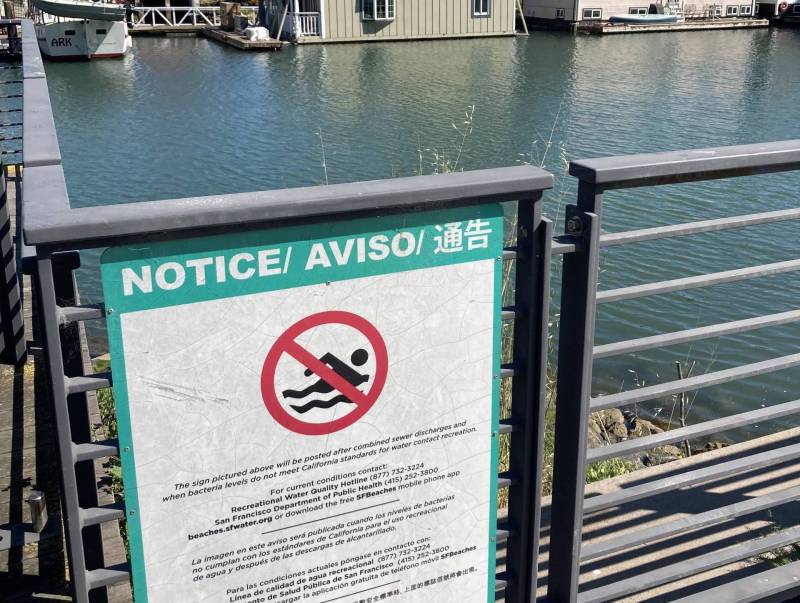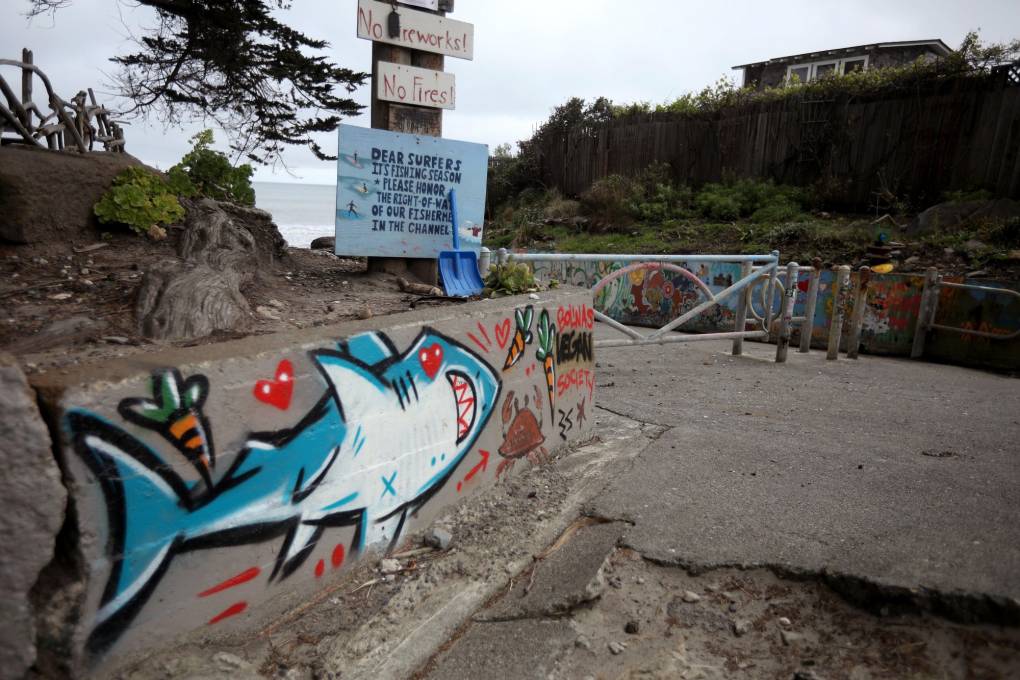Updated 2:44 p.m. Wednesday
The Supreme Court heard arguments on Wednesday in a significant environmental case brought by San Francisco — one that some city officials are surprisingly hoping to lose.
San Francisco is suing the Environmental Protection Agency because it argues that current law makes the city responsible for more than its share of water pollution, sparking a legal battle that environmentalists fear the court’s 6-3 conservative majority could use to roll back clean water protections on a national scale.
The city’s lawyer argued that San Francisco cannot control the water quality in the ocean or the bay and that being held accountable for it leaves the city vulnerable to unpredictable fines.
“San Francisco’s ask in this case is simple,” said Tara M. Steeley, deputy city attorney. “We simply want to understand our permit limitations so that we can comply with them.”


